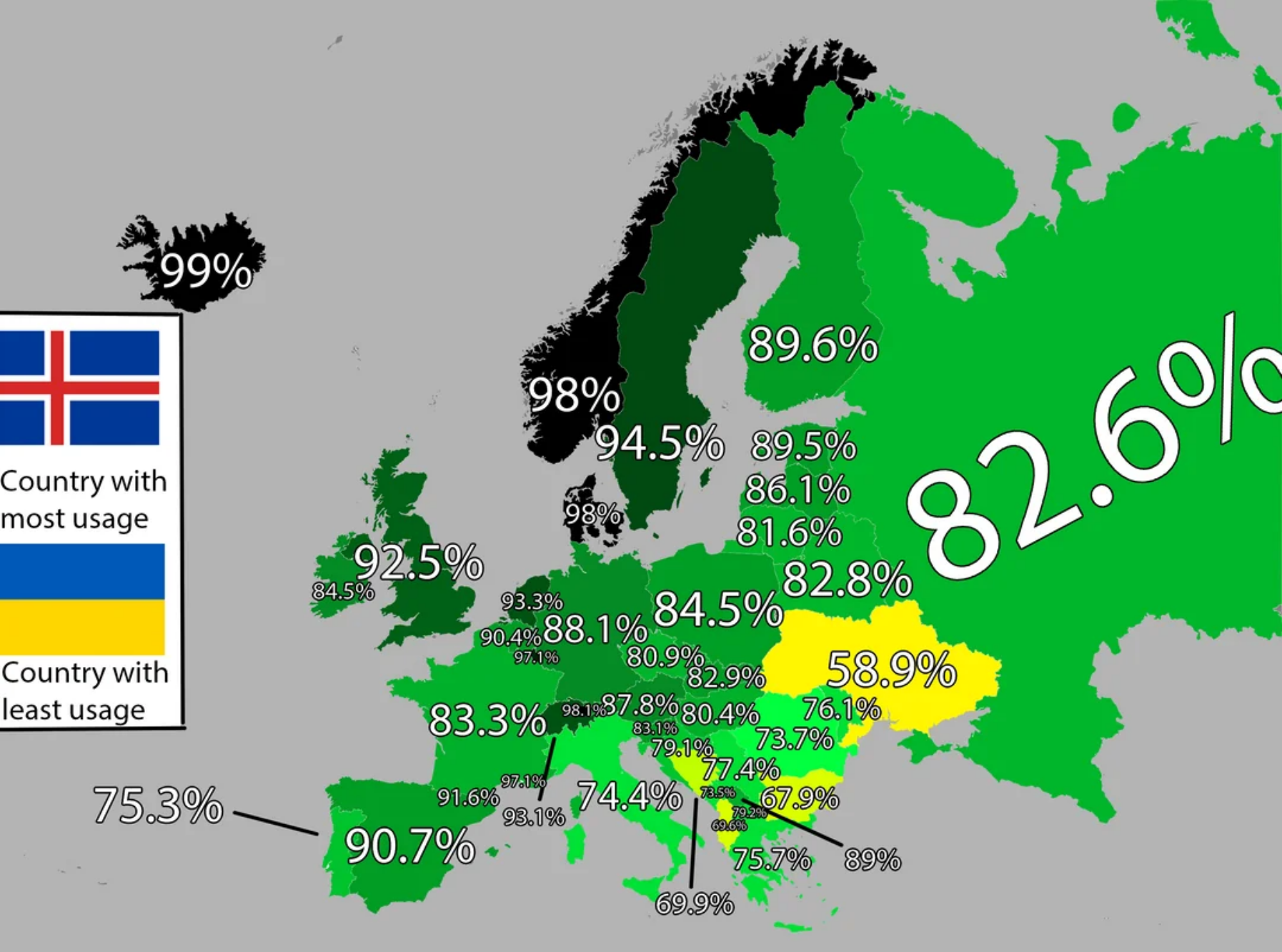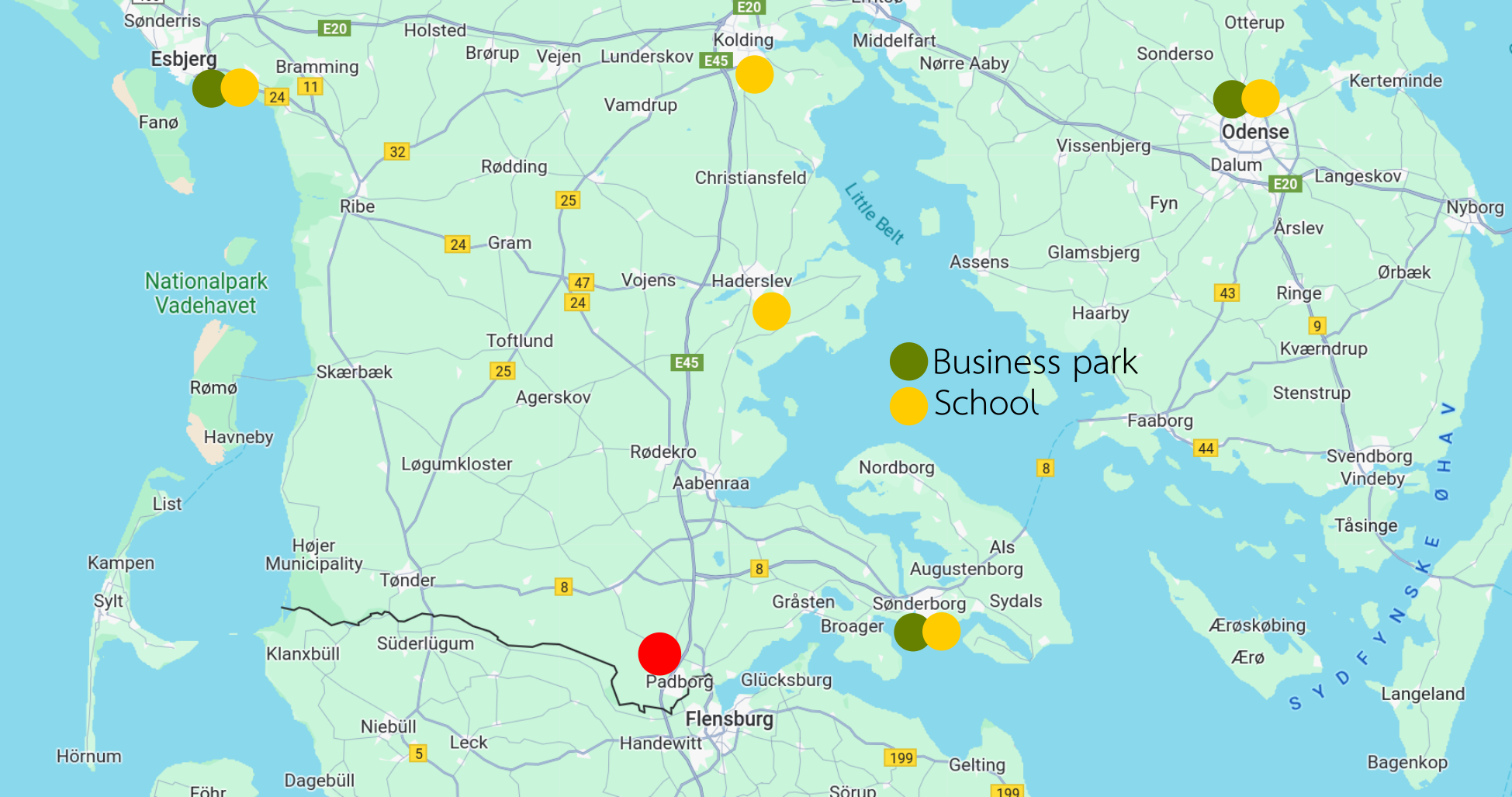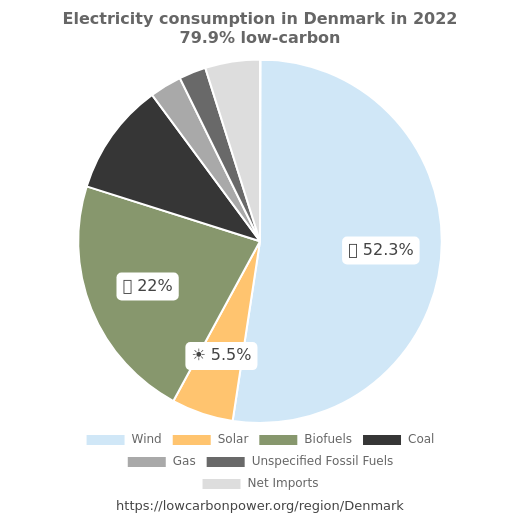The rise of e-commerce in Denmark
A hub for innovation and growth
Introduction
Denmark’s e-commerce sector has experienced a remarkable transformation over the past decade, emerging as a powerhouse in the digital economy of Europe. This surge is driven by a vibrant business community, a supportive ecosystem for startups and established enterprises, and a series of strategic governmental incentives. This article explores the development of e-commerce in Denmark, showcasing local successes and examining the structures that support business growth and innovation.
The Danish e-commerce landscape
Growth trends
The Danish e-commerce market has grown consistently, fueled by high internet penetration, a tech-savvy population, and a robust logistical framework. This growth is reflective of a broader trend across Scandinavia, which sees high levels of digital adoption.
Consumer behavior
Danish consumers are increasingly turning to online shopping, attracted by the convenience, variety, and competitiveness offered by e-commerce platforms. This shift in consumer behavior has prompted traditional businesses to pivot online, thereby intensifying the overall growth of the sector.
Test market
Given the above, the Danish market is relative small with 5,8 million inhabitants and the digital knowledge and adaption is among the highest in the world (98%), Denmark is actually a fantastic laboratory for new web technology - testing whether new technology will work or not.
Supportive ecosystem for startups and enterprises
Government incentives
The Danish government has implemented various incentives designed to nurture and support the growth of e-commerce. These include tax breaks, funding opportunities, and resources dedicated to digital innovation. Such incentives are aimed at reducing the operational costs of startups and SMEs, thereby fostering a fertile environment for new ventures.
Business parks and development zones
Denmark boasts several business parks and development zones strategically located to optimize logistics and distribution networks essential for e-commerce. These zones offer state-of-the-art facilities and are often situated near major transport links, reducing time and costs associated with shipping and receiving goods.
Educational and collaborative networks
Educational institutions and professional networks in Denmark actively collaborate with the e-commerce sector to provide training, research, and development opportunities. These collaborations help ensure a steady stream of skilled professionals and innovative solutions, driving forward the industry.
Thriving local businesses and startups
Success stories
Several Danish companies have made significant impacts both locally and internationally. For example, Miinto, an online fashion marketplace, integrates local boutiques with global consumers, showcasing the strength of Danish design and retail. Similarly, Just Eat, originally a Danish startup, revolutionized the global food delivery service and exemplifies the scalability of Danish e-commerce ventures.
Innovations in logistics
Logistics and supply chain management are critical components of successful e-commerce operations. The Danish company Shipmondo developed innovative logistics solutions that streamline shipping processes for businesses of all sizes, enhancing the efficiency of online trade.
Challenges and opportunities
Digital infrastructure
While Denmark's digital infrastructure is among the best in Europe, ongoing investment is crucial to maintain this status and manage the increasing volume of e-commerce transactions. Enhancing cybersecurity measures and data protection protocols is also vital in ensuring consumer trust and business integrity.
"In Denmark, 89.37% of the area is covered by 4G data, and 100.00% is covered by 4G HD voice service".
International expansion
Danish e-commerce businesses are increasingly looking to expand internationally. The challenges associated with this expansion, such as navigating different regulatory environments and understanding foreign markets, are significant but manageable with the right strategies and support.
Sustainability practices
With the rise of e-commerce, there is also an increased focus on sustainability. Danish companies are leading the way in implementing eco-friendly practices in packaging, logistics, and product sourcing. This not only appeals to environmentally conscious consumers but also aligns with global sustainability goals.
Conclusion
Denmark’s e-commerce sector is a testament to the country’s innovative capabilities and forward-thinking strategies. The combination of a supportive governmental framework, a thriving startup ecosystem, and a commitment to sustainability positions Denmark as a leader in the global digital economy. As the world continues to embrace online shopping, Denmark’s e-commerce community is well-placed to take advantage of new opportunities and navigate future challenges, continuing its trajectory of growth and innovation.




